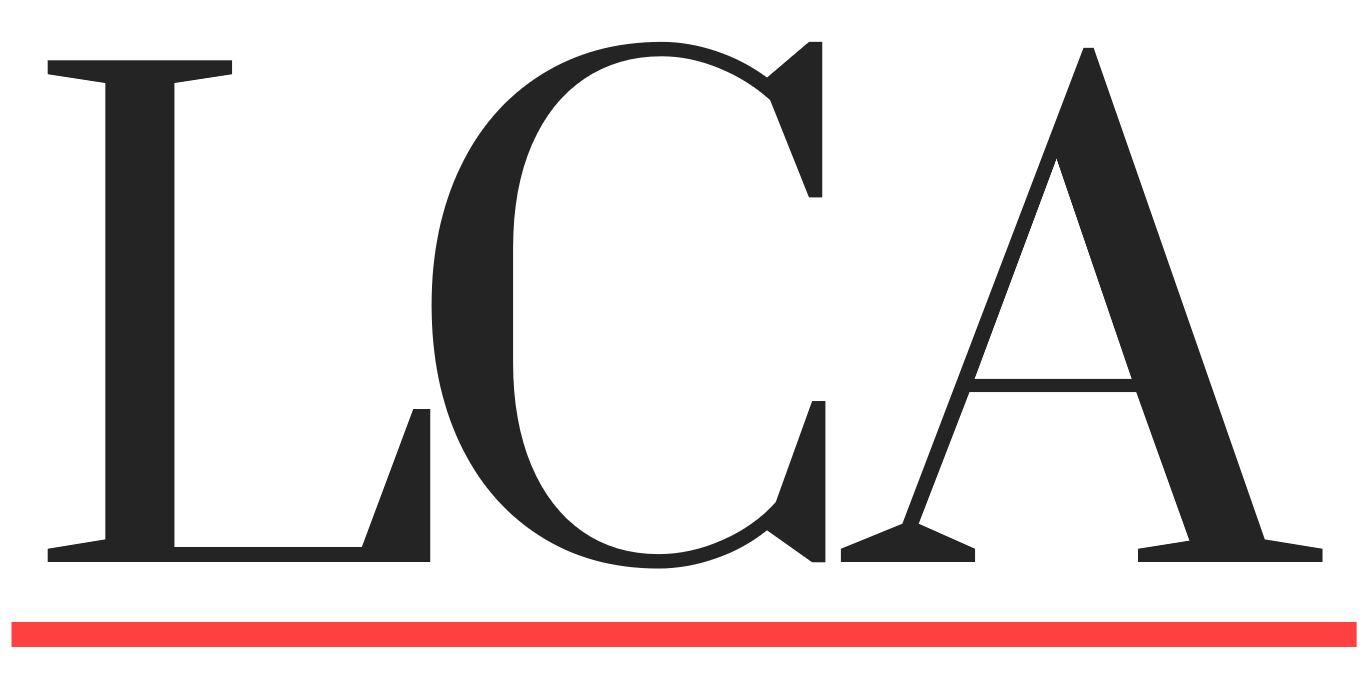June is marked with colorful celebrations around the world as millions of people come together to celebrate Pride. Companies splash rainbows across their logos and LGBT+ and straight people alike take to the streets adorned with glitter and waving flags. It’s a beautiful, joyful, and proud celebration of the long-overlooked impact that LGBT+ people have had and are having on the world.
Pride Month commemorates New York’s Stonewall riots of 1969, where a discriminatory and degrading police raid of a known LGBT+ bar and safe-space (as homosexuality was illegal) set off series of violent confrontations that birthed an international gay rights movement.
However, 50 years later, there are still prolific acts of homophobia, many violent, many others more covert, and the rights of LGBT+ people to work, live, love, and express themselves authentically are consistently under attack. LGBTQ+ individuals are 3 times more likely to experience a mental health condition, and LGBTQ+ youth are 4 times more likely to attempt suicide.
Just like our male allies are a crucial partner in achieving inclusion of women in the workplace, straight allies play a key role in LGBT+ equality and inclusion. As a struggling (but well-intentioned) straight ally, I try direct my efforts by considering how I would want my male colleagues, friends, and family to ally for me.
For me, an ally is not someone who speaks for me, rather someone who works to create a space for my voice – and does so persistently.
Becoming a true ally takes more than reading a few books or listening to a podcast. It’s not about just being “OK” with LGBT+ people, it’s not about sharing content on social media, it’s not even about occasional visits to the front-lines of the fight for LGBT+ rights. It is a constant, deliberate, and intentional way of living and being. A friend and colleague put it recently, “not being a bystander, but being an upstander, speaking up and supporting the LGBT+ community every day and every chance you get.”
Gideon Grudo of The Daily Beast recently reported “definitions of the A-word” from several LGBT organizations. My favorite (and somewhat relevant as June comes to an end) was from a.t. Furuya, manager of Youth Programs at GLSEN: “Allyship is not performative, it’s action-oriented”.
As allies, it’s not enough to respect the LGBT+ people in our lives, we have to act deliberately and consistently to ensure equality and respect for the entire LGBT+ community. But, like I mentioned above, it’s not about speaking for anyone (I recently came across the phrase “Hetero Hero”… don’t be that. ) – it’s about making space so people can be heard, can be seen, and can feel understood on their own terms. Like women in the workplace, members of the LGBT+ community may not always have a seat at the table. It’s our job as allies to be relentless in clearing some space so that they do.
OK great, but how?
One of my favorite resources, Catalyst.org, has a wealth of information including webinars, tools, and research, for both LGBTQ+ and their allies. I especially like their “Flip the Script” infographics, which give an alternative to common harmful words and phrases affecting LGBT+ individuals. I’ve included my favorites below along with other free resources from the web. There’s a consistent message:
- Do the research. You’re not an ally if you’re using up all your friends time and energy asking questions on how to be a better ally without doing some work first yourself.
- Ask questions, be humble, take feedback. If in doubt, ask, and admit that you’re unsure/confused and want to do the right thing. Do not push back or get defensive when you do get feedback, we all make mistakes.
- Be Active. Do not let harmful comments and actions pass you by, however small; speak up, advocate, and set an example to others on the kind of respect ANY human deserves.
- Don’t ever stop. Especially on June 30th.
Inclusion is not selective. We will never achieve a truly diverse and inclusive culture, a culture that benefits everyone, and a culture that stimulates creativity, innovation, productivity, teamwork, and performance, if the LGBT+ population do not feel welcome.
Now, when the flags have been packed away, is the time to #AllyUp, be that upstander, and don’t wait for a parade to shout loudly for your fellow humans to be able to bring their whole, proud, authentic, selves with them wherever they go.
Catalyst resources:
- Ask Catalyst Express: LGBTQ+ Inclusion
- Infographic: I Am An Ally
- Infographic: LGBTQ+ Terms to Know
- Infographic: Flip the Script: Transgender in the Workplace—Actions
- Infographic: Flip the Script: Transgender in the Workplace—Words
- Infographic: Flip the Script: Sexual Orientation in the Workplace
- Quick Take: Lesbian, Gay, Bisexual, and Transgender Workplace Issues
- Quick Take: Buying Power: LGBT People in the US
- Report: Building LGBT-Inclusive Workplaces: Engaging Organizations and Individuals in Change
- Blog Post: Don’t Just Sit There… Advocate!
Other resources:
- Resource: Resources for Allies – Straight for Equality
- Report: An Ally’s Guide to Terminology – Movement Advancement Project
- Article: The Human Power Of Corporate Pride – Forbes
- Article: How straight parents can raise kids to be allies, during Pride Month and beyond – Washington Post
Learning from Male Ally programs:
- Tool: How to be a Workplace Ally – Lean In
- Video: Jackson Katz Violence Against Women – It’s a Men’s Issue – TED
- Video: Active Bystander – UN Women Asia and the Pacific

